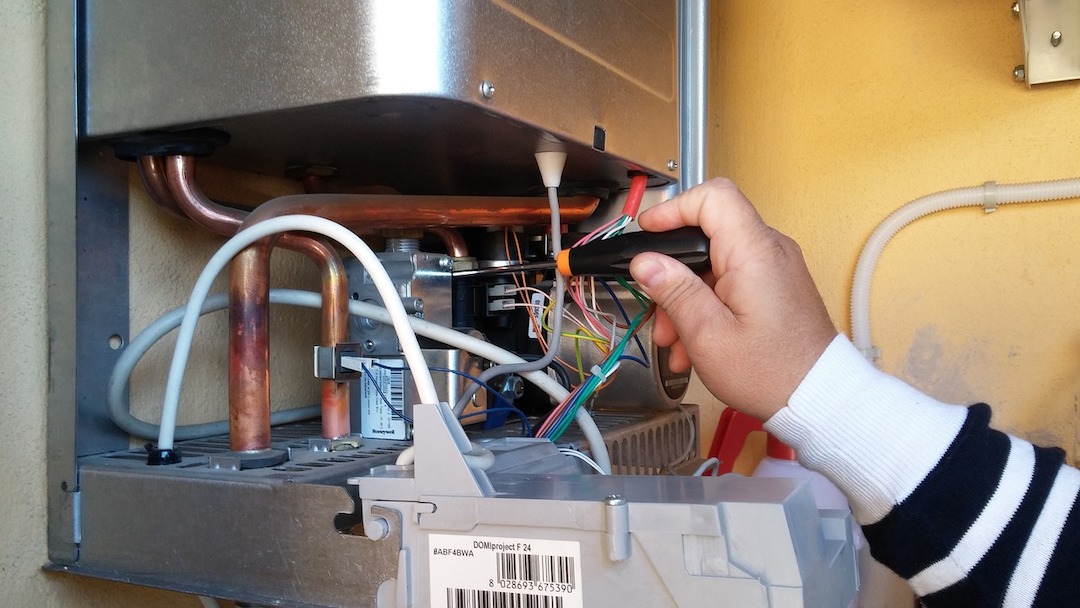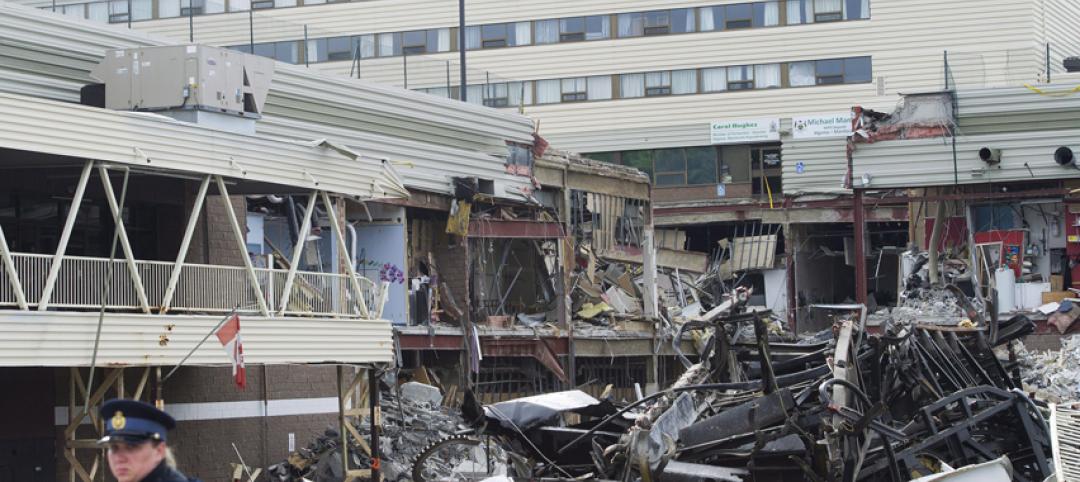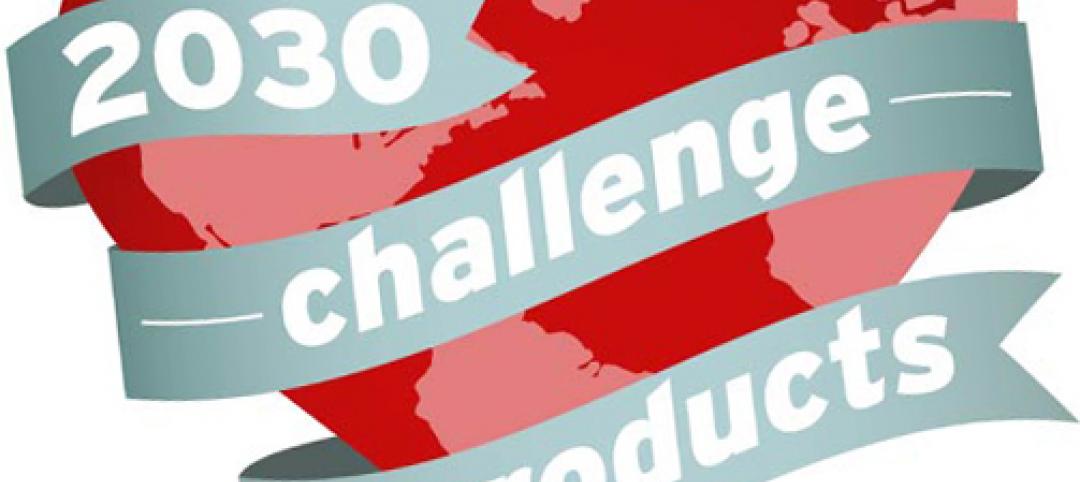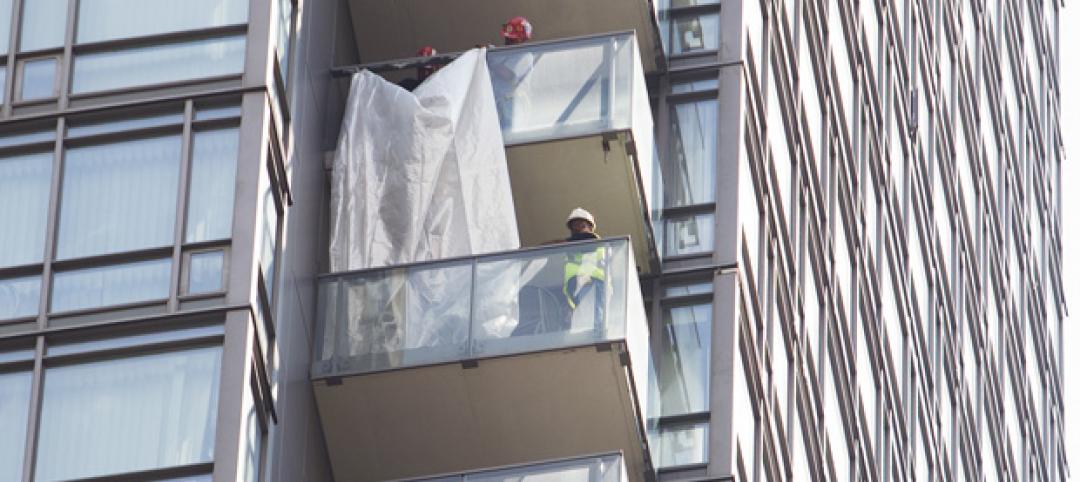Efficient electric hot water heating technologies significantly reduce the carbon emissions of multifamily buildings, according to a report by the American Council for an Energy-Efficient Economy (ACEEE) and New Buildings Institute (NBI).
In multifamily buildings with five or more units, water heating uses more energy than space heating, cooling, or lighting, the report says. Converting gas-fired water heaters to advanced technology—electric heat pump water heaters (HPWHs)—would cut greenhouse gas emissions from water heating by an average of 58%.
If HPWHs are powered entirely by clean sources, they cause zero emissions, making them a critical tool for decarbonizing the economy. Efficient electric water heaters carry a higher upfront cost over gas models, so policymakers would have to provide incentives to owners to make the conversion, the report says.
“Many utilities offer incentives for building or unit owners to install in-unit heat pump hot water heaters,” an ACEEE/NBI news release says. “Yet few programs are designed specifically for multifamily buildings, which offer unique challenges.”
Related Stories
| Jul 5, 2012
Roof membrane could have prevented roof parking deck collapse, specialist says
The collapse of a section of a roof parking deck at the Algo Centre Mall in Elliot Lake in Ontario, Canada could have been prevented if the structure had a membrane, according to a concrete expert and specialist in structure analysis at McMaster University.
| Jul 5, 2012
New Joplin, Mo. hospital being built to withstand tornado that destroyed predecessor
After the May 22, 2011, EF-5 tornado destroyed St. John’s Regional Medical Center in Joplin, Mo., architects and engineers analyzed how the nine-story structure reacted to the storm.
| Jul 5, 2012
Continued tax breaks necessary for widespread adoption of net zero buildings
Tax breaks passed by the U.S. government to encourage construction of green buildings are set to expire in 2012 and 2013.
| Jun 28, 2012
Six buildings now recognized under Living Building Challenge
The Living Building Challenge (LBC), a green ratings system for design and construction that judges a building based on its actual performance, not just its projected performance at the design stage, has recognized six buildings to date.
| Jun 28, 2012
Label for building products will have ‘global warming number’
The director of the 2030 Challenge for Products says that the organization is aiming to place a label on building products that will list what’s in it, and how much embodied carbon each product represents.
| Jun 28, 2012
Top building material executive urges building resilience in sustainability standards
A meeting of 1,000 business executives at the recent Rio+20 environmental conference featured a passionate plea to include building resilience in efforts to boost sustainability.
| Jun 28, 2012
Following spate of skyscraper balcony glass panel breakages, Ontario adopts code change
Ontario's housing minister announced new building code rules to help prevent glass panels from breaking off high-rise balconies during hot weather.
| Jun 28, 2012
Factory worker deaths in Italy raise questions on building codes after earthquakes
Italian officials are questioning seismic building standards and inspection procedures in the aftermath of two damaging earthquakes.















